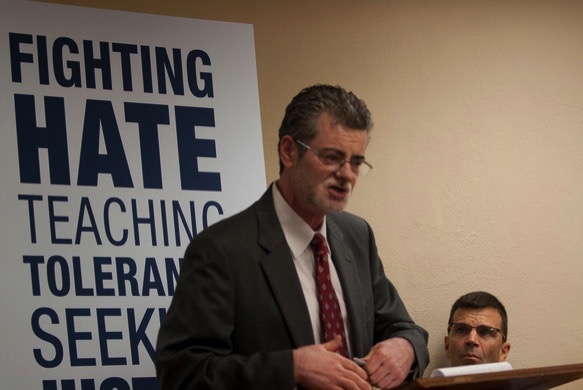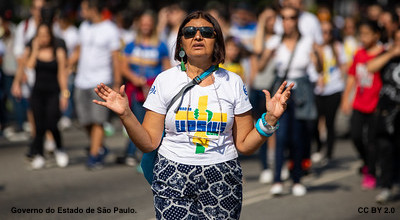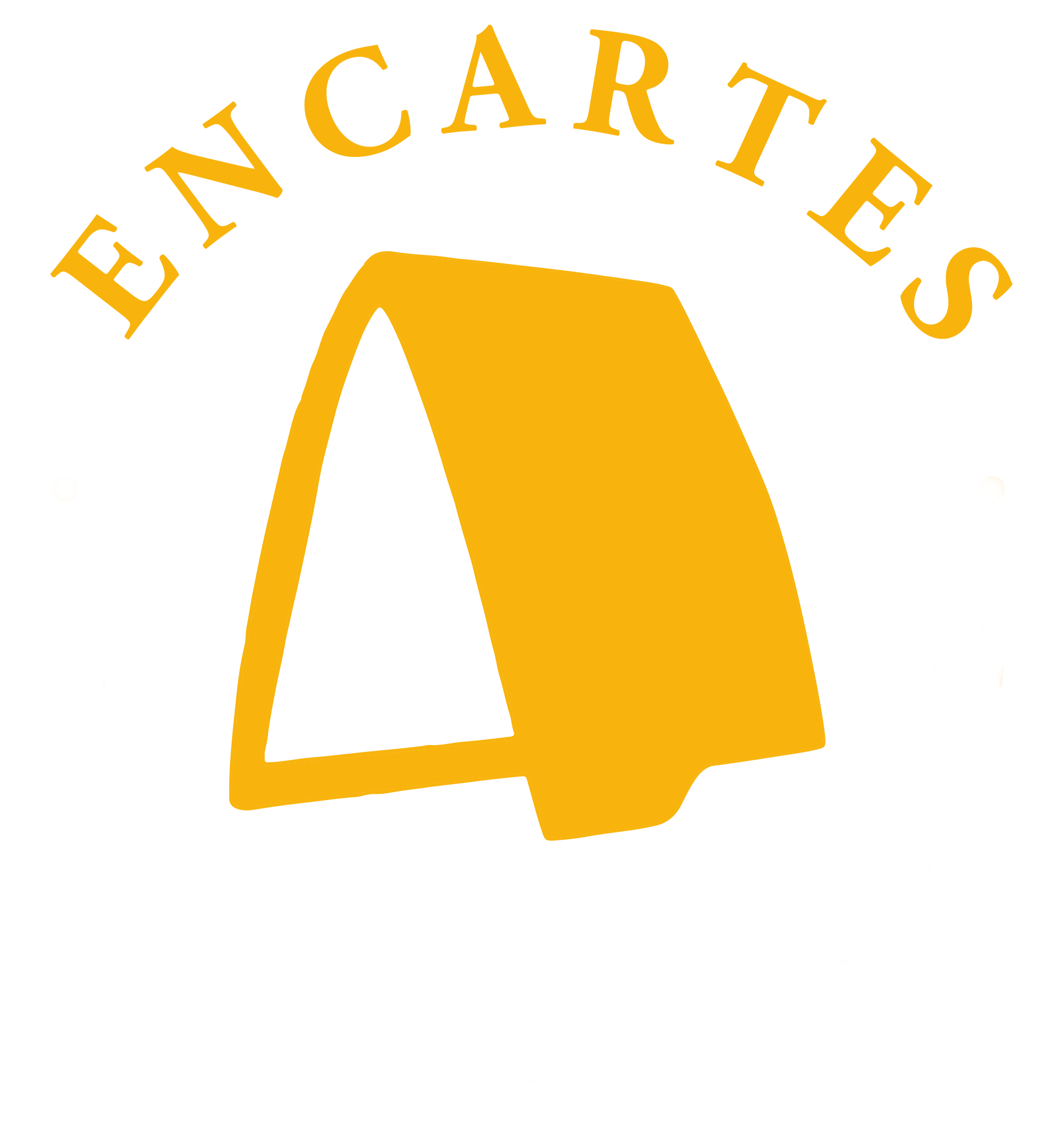home » religion
Articles about "religion"
Entrevistas
Vol 5 No 9 (2022)

The Radical Right and Trans-Media Digital Narratives in the United States of America. Interview with Mark Potok
Interview with - Mark Potok
- José Antonio Abreu Colombri
The interview was conducted in the second half of August 2021 through the exchange of several questionnaires and texts (via email). At the beginning the interviewer and the interviewee did not know each other personally. The main motivation for the interview lies in getting to know the interpretations of Mark Potok, one of the foremost experts on current political thought and radical and violent right-wing movements in Europe and North America. His career has been characterized by great social sensitivity, a hyperactive work pace and a selfless commitment to the dissemination of his areas of expertise in all types of media.
EncArtes multimedia
Vol 4 No 8 (2021)

“Cabby Altars”: Random Miniethnographies of Daily (Religious) Life
- Alejandro Frigerio
This paper shows and analyzes the assemblages of magical-religious symbols and images that many cab drivers1 in the city of Buenos Aires hang from the mirrors of their cars or attach to their sun visors. She uses the word "altars" cautiously to make visible these minimalist traces of the daily religious life of the porteños, objects that at once provide protection against the dangers of everyday street traffic and testify to relationships with specific superhuman beings. In these heterogeneous assemblages appear saints and virgins, popular saints and oriental and/or esoteric symbols -that testify to the rich magical-religious diversity of the city- as well as photos and memories of individuals and social collectives with a high charge of sacredness (children, relatives, soccer clubs). These "altars" are evidence of singular religious and familial journeys, but they also result from random interactions with passengers and evidence more general and little recognized patterns of how porteños relate to superhuman beings.
Coloquios interdisciplinarios
Vol 3 Num 6 (2020)

The evangelical people: hegemonic construction, minority disputes and conservative reaction
- Joanildo Burity
Latin American evangelical politics can be seen, in Laclauian terms, as a construction of the people. More precisely, as the construction of the evangelical people, a minority with demands and a voice of its own in a “Catholic” continent of secular states. It is an evangelical construction of a country’s people in contexts in which evangelicals are considered a sociopolitical force with hegemonic aspirations. However, this double narrative has become complicated in recent years in the rough seas of the so-called conservative wave. A prominent alliance between the political far-right, neoliberalism and the parliamentary and pastoral evangelical elite reverberates from Brazil, which creates serious issues for the expectations of a pluralist impact of the public evangelical presence.
Coloquios interdisciplinarios
Vol 2 Num 4 (2019)
Comment to the colloquium "Inequalities and the re-politicization of the social in Latin America" by - Juan Pablo Pérez Sáinz
― Go to main text
Pentecostalism and social inequalities in Latin America
- Pablo Federico Seman
Keywords: Latin America, inequalities, Pentecostalism, religion, popular sectors.
WThe author develops three specific observations on the religious practices introduced by Pentecostalism in the global balance of inequalities in Latin America with the attempt to point out the complexity and ambiguity of their social performances according to dimensions and contexts of analysis. These are: the ups and downs of Catholicism in the region; the growth of Pentecostalism in Latin America; and the characteristics of the implantation of Pentecostalism in the popular sectors and the discussion of its value regarding the reproduction of all kinds of inequalities in contemporary Latin American societies.
EncArtes multimedia
Vol 2 Num 4 (2019)
Building hope: the participatory social documentary as a research methodology in an evangelical rehabilitation center in Tijuana. Challenges and learnings
- Eduardo Yael González Tamayo
Keywords: visual anthropology, ethnographic cinema, participatory social documentary, drugs, masculinities, religion.
The research methodologies that generate social scientific knowledge from the collection of empirical information have diversified thanks to technological advances and transdisciplinarity; Due to this, it is important to reflect on the way in which these disciplinary intersections nurture and complicate the role of sociocultural research. This article seeks to delve into the events, analysis and learning that emerged during the creation of the participatory social documentary Hombres de Esperanza (2017) and its various exhibitions to the general public, academics and experts in visual art. In this way, it is intended to dialogue the artistic discourse with that of the social sciences from the common points that converge in the creation of an ethnographic documentary, which was made in Tijuana and deals with an evangelical rehabilitation center.
Discrepancias
Vol 2 Num 4 (2019)

Traditionalisms, fundamentalisms, fascisms? The advance of conservatism in Latin America
- Catalina Romero
- Fabio Lozano
- Joanildo Burity
- Miguel Angel Mansilla
- Renée de la Torre
- Rodrigo Toniol
- moderator Veronica Giménez Béliveau
The consolidation of conservative projects supported by political and religious actors in Latin America is not a novelty: the continent has seen advances and crises of popular governments, bloody dictatorships, violent speeches and rights expansion processes that are carried out with different intensity and decoupled temporalities in different countries. The ways of naming this trend are the subject of discussion in this section, since the naming itself is a problem: they are expressions made up of diverse sectors socially and even politically, claiming transformations of varying thickness as the context allows them. Based on these ideas, we organized our discussion around three questions, which the authors answered based on the experience of each country.








